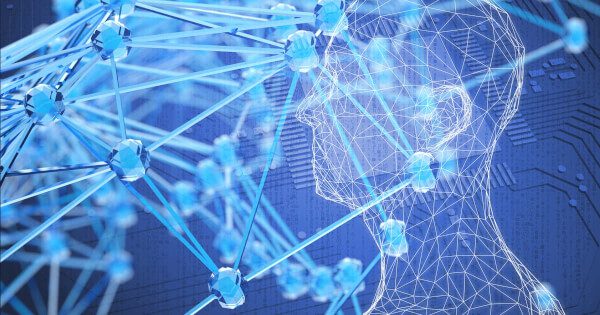UniPi’s innovative AI approach combines text-guided video generation with policy making, enabling broad applications in AI robotics and planning.
Researchers from prestigious institutions including MIT, Google DeepMind, UC Berkeley and Georgia Tech have made groundbreaking strides in AI with a new model called UniPi. This innovative approach leverages text-guided video generation to create universal policies that promise to improve decision-making capabilities across a wide range of tasks and environments.
The UniPi model emerged from the 37th Conference on Neural Information Processing Systems (NeurIPS 2023), making waves with its potential to revolutionize the way AI agents interpret and interact with their surroundings. This innovative method formulates the decision-making problem as a text-driven video generation task, where an AI planner synthesizes future frames to depict planned actions based on a given text-encoded goal. The consequences of this technology extend far and wide, potentially affecting robotics, automated systems and AI-based strategic planning.
UniPi’s approach to policy generation provides several advantages, including combinatorial generalization, where AI can rearrange objects into new, unseen combinations based on linguistic descriptions. This is a significant leap forward in multi-task learning and long-term planning, allowing AI to learn from different tasks and generalize its knowledge to new ones without the need for additional fine-tuning.
One of the key components of UniPi’s success is the use of pre-trained language embeddings, which, when combined with the multitude of videos available on the Internet, enable unprecedented knowledge transfer. This process facilitates the prediction of highly realistic video plans, a crucial step towards the practical application of AI agents in real-world scenarios.
The UniPi model has been rigorously tested in environments that require a high degree of combinatorial generalization and adaptability. In simulated environments, UniPi demonstrates its ability to understand and perform complex tasks defined by textual descriptions, such as arranging blocks into specific patterns or manipulating objects to achieve a goal. These tasks, often challenging for traditional AI models, highlight the UniPi’s potential to navigate and manipulate the physical world with a level of skill not previously achieved.
Moreover, the researchers’ approach to general agent training has direct implications for real-world transfer. By training on an Internet-scale pre-training dataset and a smaller real-world robotic dataset, UniPi demonstrated its ability to generate action plans for robots that closely mimic human behavior. This leap in AI performance suggests that the UniPi could soon be at the forefront of robotics, capable of performing nuanced tasks with a degree of finesse similar to human operators.
The impact of UniPi’s research could span a variety of sectors, including manufacturing, where robots can learn to handle complex assembly tasks, and service industries, where AI can provide personalized assistance. Furthermore, its ability to learn from different environments and tasks makes it a prime candidate for applications in autonomous vehicles and drones, where adaptability and rapid learning are paramount.
As the field of AI continues to evolve, the work on UniPi is a testament to the power of combining language, vision, and decision making in machine learning. While challenges remain such as the slow process of video distribution and adapting to partially viewable environments, the future of AI looks brighter with the advent of text-driven video policy generation. UniPi not only pushes the boundaries of what’s possible, but also paves the way for AI systems that can truly understand and interact with the world in human-like ways.
In conclusion, UniPi represents a significant step forward in the development of AI agents capable of generalizing and adapting to a wide range of tasks. As the technology matures, we can expect to see its adoption across industries, heralding a new era of intelligent automation.
Image source: Shutterstock

